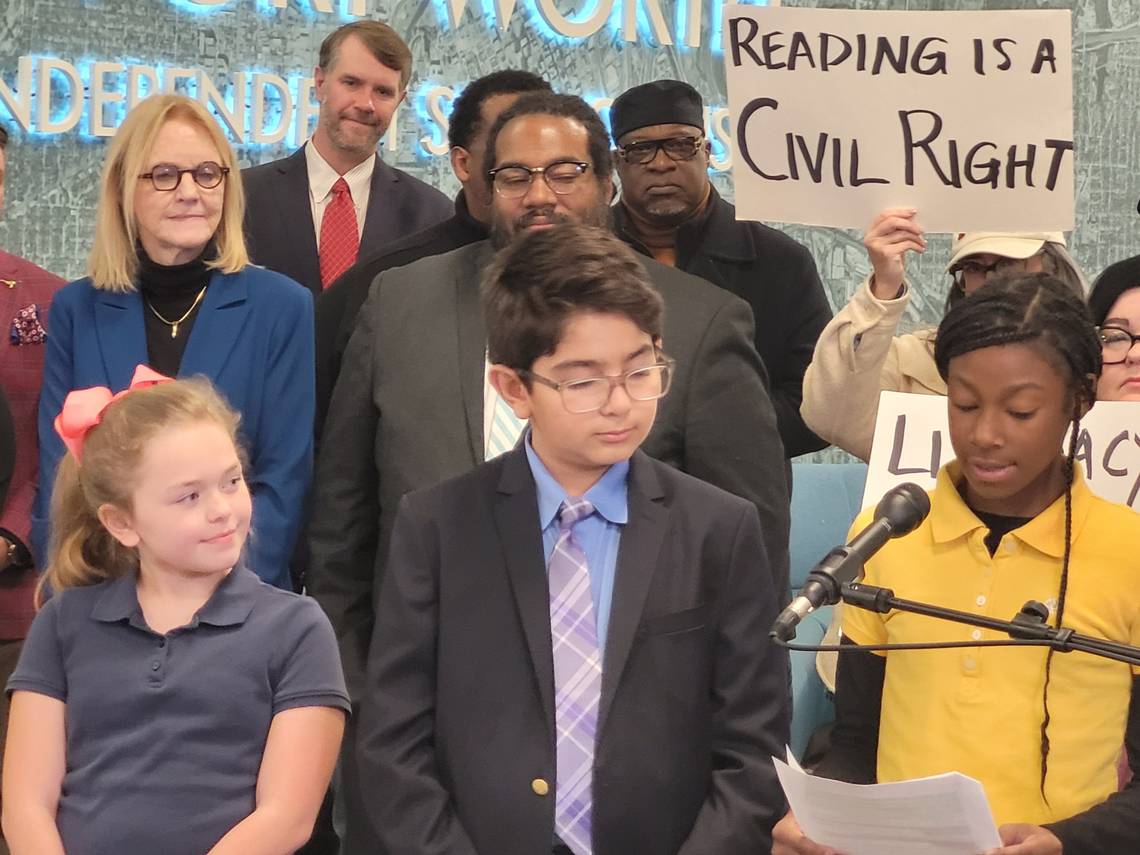A Shared Vision for Public Education in Fort Worth
The poet Margaret Wheatley once wrote: “There is no power greater than a community discovering what it cares about.” This sentiment resonates deeply in Fort Worth, where the conversation around public education has become a focal point of community engagement. Over the past year, discussions have taken place across various platforms, including city council meetings, school board sessions, and community forums. These dialogues reflect a growing consensus on the importance of preparing students for the future.
Despite the political divisions that have become increasingly prevalent nationwide, Fort Worth residents are finding common ground on key issues related to education. The Fort Worth Education Partnership, an organization I lead, recently conducted a poll to better understand local perspectives on public education. The results revealed a surprising level of agreement among residents, regardless of political affiliation or demographic background.
One of the most striking findings was the strong support for academic accountability. Nearly 90% of both Democrats and Republicans in Fort Worth believe it is important for Texas to have a system that measures individual student performance and overall school success. This shared belief underscores the importance of ensuring that all students meet grade-level expectations before advancing to the next grade.
Another area of agreement is the need for more choices and better access to quality educational options. While some may suggest that parents are divided on this issue, the poll results show that both Democrats (95%) and Republicans (85%) agree that having multiple public school options, including charter schools and district schools of choice, is important.
Academic quality also plays a significant role in family decisions regarding school selection. Nearly half of Tarrant County parents have considered changing their child’s school, with academic performance being the top reason cited by both Democratic and Republican parents. This highlights the importance of maintaining high standards in education and ensuring that all students have access to quality learning environments.
The alignment between different groups extends beyond political lines. When analyzing responses by income level and race/ethnicity, the same strong consensus emerged. Residents across all backgrounds agree that schools should work for every child, provide transparent information about student progress, offer more public school options, and support teachers and school leaders who are making a difference.
This shared vision presents a unique opportunity for Fort Worth to move beyond mere discussion and take collective action. As Margaret Wheatley’s poem suggests, communities can achieve great things when they focus on what they care about rather than what is wrong. The conversation has already begun, and the discovery of a shared belief—that all children deserve access to a high-quality education—can serve as a foundation for meaningful change.
Brent Beasley is CEO of the Fort Worth Education Partnership, which works to increase access to quality schools across the city.
Do you have an opinion on this topic? Tell us! We love to hear from Texans with opinions on the news—and to publish those views in the Opinion section.
- Letters should be no more than 150 words.
- Writers should submit letters only once every 30 days.
- Include your name, address (including city of residence), phone number, and email address, so we can contact you if we have questions.
You can submit a letter to the editor two ways:
– Email [email protected] (preferred).
– Fill out this online form.
Please note: Letters will be edited for style and clarity. Publication is not guaranteed. The best letters are focused on one topic.






